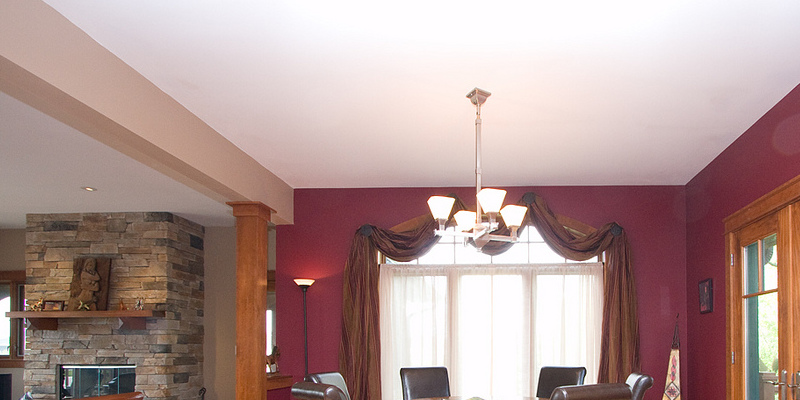A mortgage may appear to be the best lifeline for homeowners 62 and older confronting retirement on a fixed-income. Reverse mortgages are loans against your home-equity that no repayments are made by you before you depart from your house. They give you a tax free revenue stream which will allow you to simply make ends meet or retire in design. It may seem as a fantasy come true, but before the paper work is signed by you, comprehend this can be no free lunch. Think about the drawbacks to reverse mortgages before you make use of the money.
Concerns
The essential qualifications for mortgages are not as strict than for conventional loans. Credit credit rating and your earnings don’t issue, which will be great news for retired persons collecting Social Security. You just need to possess your property, which be 62 or up to, and should be your main residence to match with the reverse mortgage recommendations that are typical. On the other hand, the loans can be incredibly complex. From interest rate worries and house worth to tax consequences, loan and insurance recommendations that differ from lender to lender, choosing the reverse mortgage that is right requires research plus time. The truth is, based on CNN Money lenders need you to undergo loan counselling before you are able to be qualified to get financing.
Pro Insight
They assemble in additional prices since lenders must wait years — sometimes decades — for their loans to be refunded. Based on Concerned Citizens for Seniors, reverse mortgages come with possibly a greater rate of interest or final prices that are higher than conventional mortgages and loans, and sometimes, a reversemortgage may possibly come with equally. Reverse mortgage schooling organization Reverse.org states to assume to cover a preliminary premium for mandatory FHA mortgage insurance in your loan in the quantity of 2% of your home worth at that time of the outstanding loan’s close, along with the on-going FHA insurance payment of .5% of your loan stability on the life span of the mortgage.
Value
While you happen to be in the home may very well not need to cover on a reversemortgage, but some body, some day will need to cover on such a loan. In several cases, this duty falls to the inheritors of reversemortgage holders. If you don’t cease using it throughout your life as a main residence or sell your property, the reversemortgage will become your inheritors’ issue. In spite of the fact that it’s a fact that however much cash you borrow, your heirs WOn’t ever must cover over your house’s worth (reversemortgage insurance will bridge any difference), they’re going to need to either sell the house to settle the loan or make other preparations to reimburse the lender. In addition to the hassle, in case your house can be your largest financial strength, taking out an inverse mortgage may lead to almost no estate to make to your own loved ones.
Effects
Most reversemortgage lenders are ready to pay-out between 30 to 80-percent of your house’s worth, according to Concerned Citizens for Seniors. Depending on the equity in your house as well as your finances, a reversemortgage might not finally be enough that will help you make ends match.
Warning
Should you get desires based aid, for example Supplemental Social Safety or Medicaid, a reversemortgage may put you over the revenue threshold for anyone plans, making you lose your gains.

